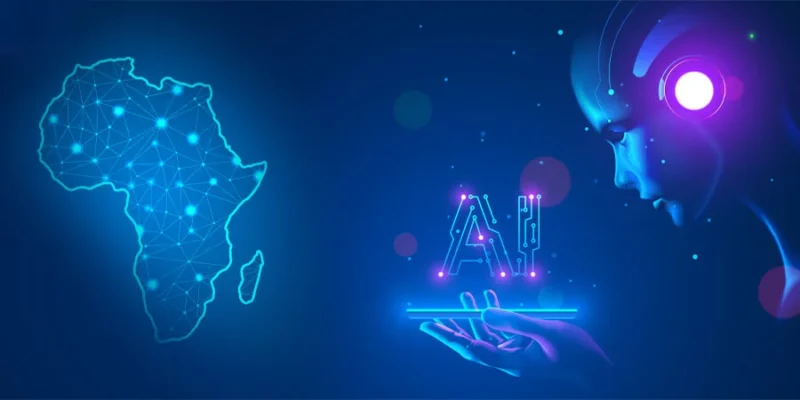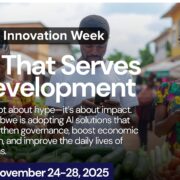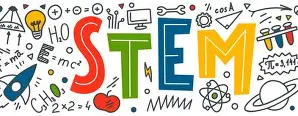Artificial intelligence (AI) is no longer a futuristic idea. It’s here and it’s everywhere. From writing news stories to generating realistic images of people who don’t exist, AI is steadily reshaping work, creativity, and communication. But with its rapid evolution, a question looms: could AI eventually take over most human roles?
Across sectors, companies are leaning on AI to perform tasks that once required human intelligence, customer service, graphic design, research, legal analysis, and even basic medical advice. Tools like ChatGPT are already being used to write business reports, emails, and proposals, while image-generating platforms are blurring the line between what’s real and what’s not.
“AI will shake up professions in ways we’re only beginning to understand,” said Zimbabwe’s Minister of Skills Audit and Development, Professor Paul Mavhima. “In the legal field, for example, only top-performing lawyers will survive because AI can already help someone build a solid defense on their own.”
By Ruvarashe Gora
His comments reflect growing concerns in the professional world: AI systems are getting better, faster, and cheaper. Law firms, financial institutions, media houses, and even schools are starting to adopt AI tools, not to replace humans immediately, but to increase efficiency and reduce costs.
This shift is already underway at some of the world’s biggest companies. Amazon, the global tech and e-commerce giant, recently confirmed it is using generative AI in nearly every corner of its operations. CEO Andy Jassy said that as AI tools expand, they will fundamentally change how work is done and eventually reduce the need for large teams in certain areas.
From warehouse management to customer queries and software development, Amazon is relying more on AI-powered systems. The long-term implication? Fewer humans required to do routine tasks that machines can handle faster, 24/7, without breaks or salaries.
The issue of AI is now a global trend and it’s safely to say companies are quietly restructuring, rethinking job roles, and in some cases, reducing headcount, not because of economic downturns, but because AI is simply becoming better at certain tasks than people.
Yet experts argue that while AI will disrupt jobs, it won’t completely eliminate human roles. AI is still dependent on human input, ethics, and programming. It doesn’t create itself. Behind every algorithm is a team of researchers, data scientists, and engineers who build and refine these systems.
People might fear a full takeover, but AI is just a tool, one that needs guidance. The smarter move is to learn how’s to work with AI rather than against it.
AI struggles with tasks that require deep empathy, moral judgment, or creative intuition, qualities that remain firmly human. While it can mimic styles, answer questions, or predict trends, it doesn’t truly understand emotion, context, or culture.
In law, for example, while AI can summarize case law or draft documents, it lacks the courtroom presence, persuasive tactics, and moral reasoning a skilled lawyer brings.
AI will likely take over repetitive, logic-based tasks. But it will also open new opportunities for those willing to adapt data analysts, AI trainers, ethics consultants, and digital artists, among others.
Minister Mavhima urged Zimbabwean institutions to start preparing students and workers for the AI age. “We must focus on upskilling and innovation,” he said. “The future belongs to those who embrace change, not fear it.”
As AI continues to advance, the key lies not in resisting it, but in reshaping our roles around it.














Comments